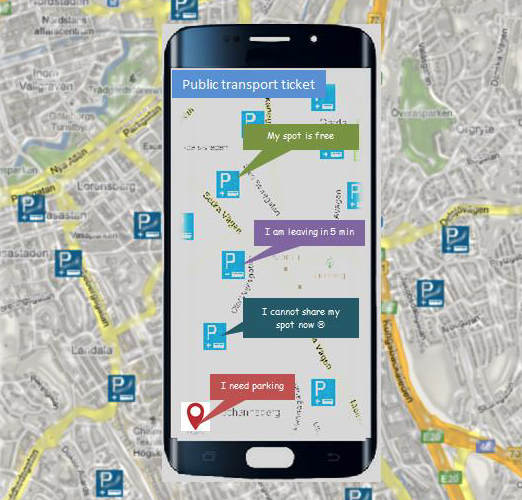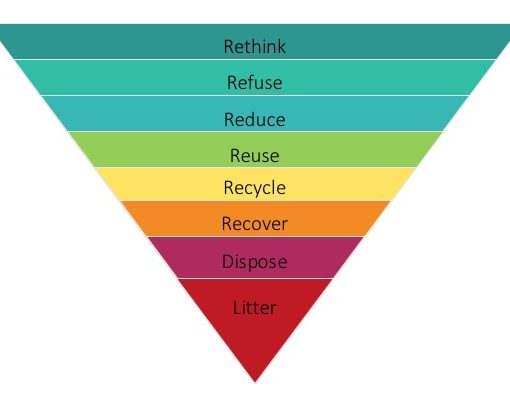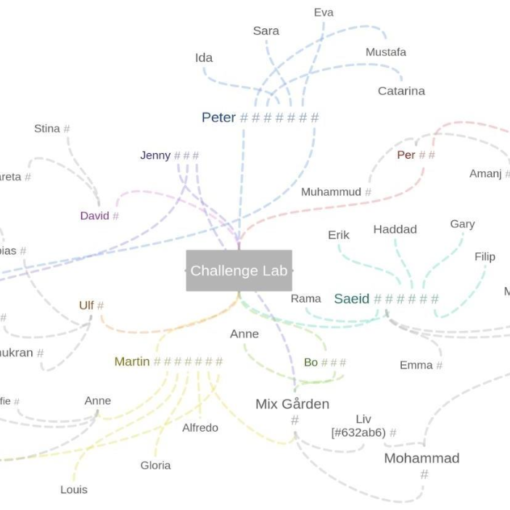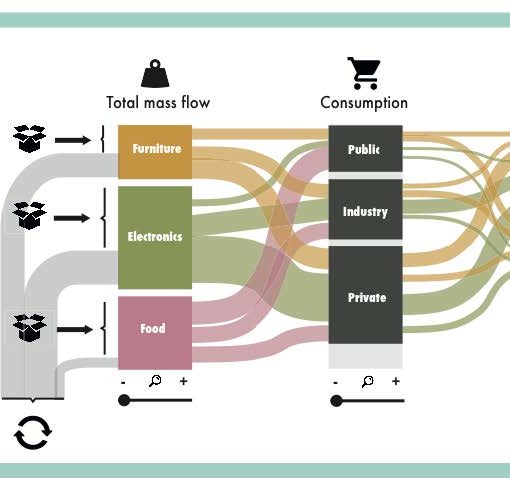ADARSH SRINIVASA RAO (2018)
If transportation sector is to meet its Climate 2030 targets, the City traffic and emissions

has to decline. Thus to drive the transformation, emergence of new mobility services are necessary. Currently combined mobility services are being investigated to understand it‟s feasibility in combination with public transport services. To foster the public transportation, the City intends to limit the car use by reducing parking spaces. However, assuming that certain population relies on car, it is necessary to accommodate the existing fleet concurrently expanding the share of public transportation. Therefore, I investigate the business case of combining the concepts of shared parking and public transportation into one digital platform to facilitate the sustainable travel. Connecting questions are (1) how can the concept fulfill the user needs and preferences? And how do key stakeholders respond to an evidence based understanding of user needs and preferences regarding the combination of shared parking and public transportation?
Shared parking is an effective parking instrument allowing private parking owners to share their parking space during off-peak hours by renting them out to the car users at reasonable costs. The thesis utilizes a business model approach to examine how shared parking can bring sustainable value to users, stakeholders and society. I analyze user‟s travel needs through a questionnaire and present the sustainable value of combining shared parking and public transportation through the value proposition canvas. The two user segments are tenants owning/renting parking space and car users. I also examine multilevel perspectives from heterogeneous actors through interviews and a workshop. I find car is perceived as preferred transportation mode due to convenience, fast travel and flexibility factors. However, public transportation is gaining importance and with shared parking it hypothetically creates economic advantage for the user and benefits the environment. I outline that the new mobility service is appreciated and could reduce the car use in the City by promoting public transportation meanwhile effectively utilizing the residential parking space, primarily by providing the service in single interface and with right incentives. However, the workshop unveiled the regulatory and perceived barriers to sharing parking spaces and providing incentives also due to lack of proven evidence. To overcome these barriers collaboration among relevant actors and future study on the concept is recommended. Further policy makers should promote the collaboration of private and public agencies and experiment with pilot studies which can initiate changes in travel behavior. I conclude that hypothetically shared parking with public transportation can ease the finding of parking space in the City and reduce the externalities caused by car use supporting sustainable development in urban transport. But only possible if supporting policy framework and collaboration between broad range of actors is achieved.





